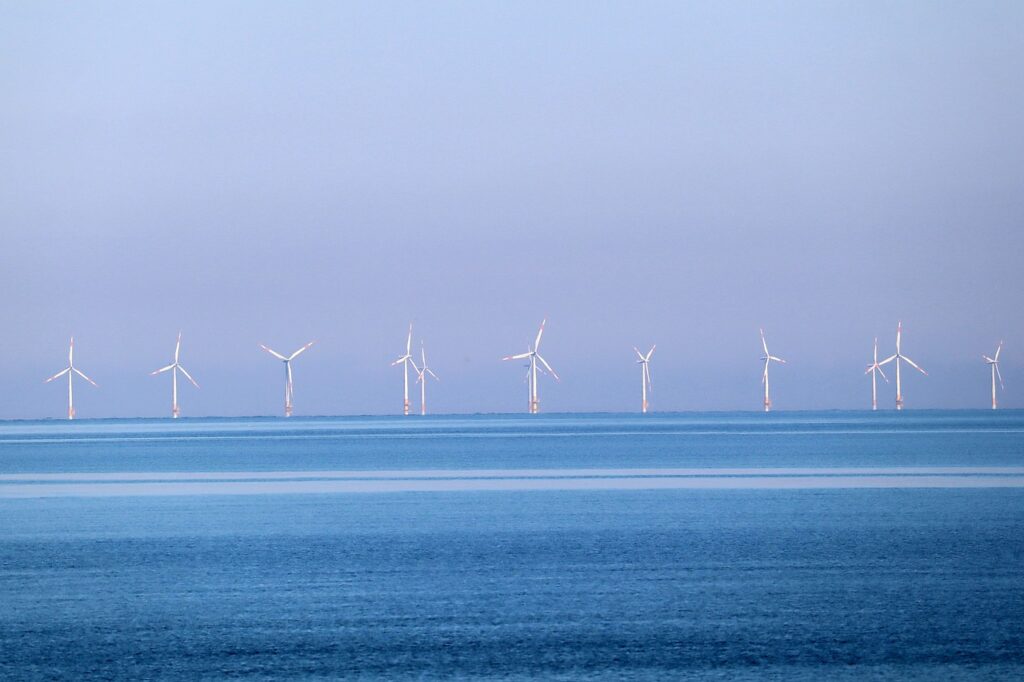Criticism of UK Energy Policies
Donald Trump, the incoming U.S. president, has urged the UK to remove wind turbines from the North Sea. On his platform Truth Social, Trump shared a report about the planned withdrawal of U.S. oil company Apache from the region. He criticized the UK’s reliance on renewable energy, describing it as a “very big mistake” in energy policy.
“Open up the North Sea. Take down the wind turbines!” Trump wrote, expressing his opposition to wind energy. During his campaign, he mocked Germany for its renewable energy strategy, claiming it could lead to economic ruin. Despite Trump’s comments, Germany has steadily increased its wind turbine installations year after year.
Oil Companies Leave the North Sea
Apache plans to exit the North Sea by 2029, citing high taxes that make oil production unsustainable. Britain’s government, led by Prime Minister Keir Starmer, has stopped issuing new licenses for oil and gas exploration. The UK’s climate policy focuses heavily on renewable energy, particularly offshore wind farms in the North Sea.
Since the 1970s, the North Sea has been a vital hub for oil and gas production. However, companies have been withdrawing steadily for over 20 years, primarily due to declining reserves and regulatory changes. The shift toward renewable energy has reshaped the energy landscape, with offshore wind playing a central role.
Fossil Fuels vs. Renewables: Trump’s Perspective
Trump’s remarks reflect his long-standing support for fossil fuels and his skepticism about climate change. He reacted strongly to the UK’s increased taxes on oil production, which aim to fund renewable energy projects. U.S. oil giant Exxon had already left the North Sea in 2024, while Apache predicts a 20% production drop by 2025.
During his first presidency, Trump rolled back numerous environmental protections and withdrew the U.S. from the Paris Climate Agreement in 2020. His successor, Joe Biden, rejoined the agreement, but Trump has vowed to exit it again if re-elected.
Trump’s call to dismantle wind turbines highlights the ongoing global debate over energy policy. As the UK and other nations advance renewable energy strategies, Trump’s stance underscores the sharp divide in approaches to addressing energy needs and climate goals. The transition from fossil fuels remains a contentious issue, reflecting broader challenges in balancing environmental priorities with economic concerns.
